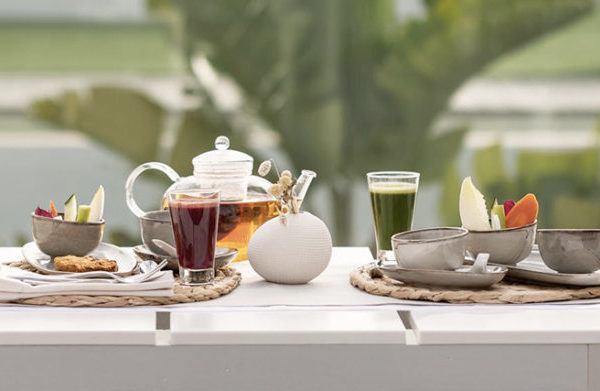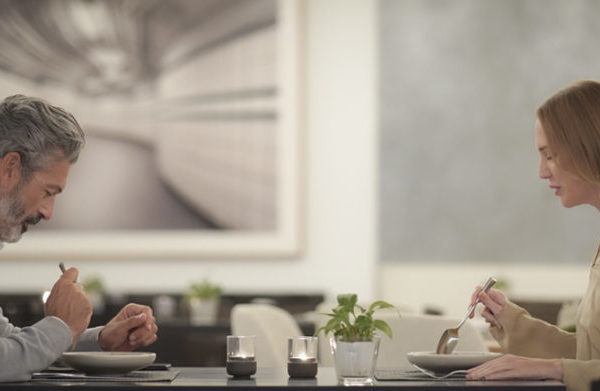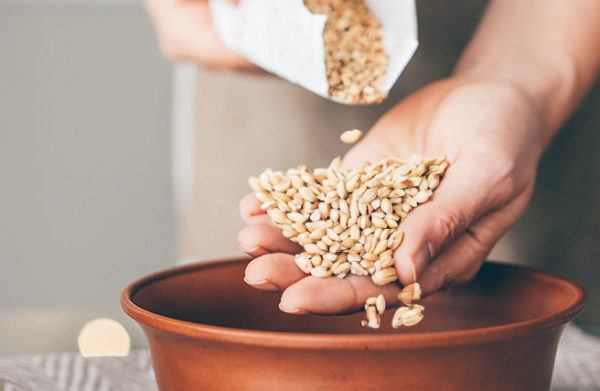
Food and Rest
Our Nutrition Consultant, Mario López, advises us what foods we should avoid to enjoy a deep and restorative sleep.
Often, we take it for granted that we are what we are, independently of what we eat. One of the factors we think is unrelated to our diet (but actually isn’t) is our sleep. Multiple studies show that what we eat does affect us. Science can’t tell us with certainty which foods help us sleep, but it does know which foods prevent us from sleeping.
In her book The Sleep Revolution (2016), the author Arianna Huffington, writes:
“Is there a way of eating that can improve our sleep? In reality, no; but we can eat in a way that makes our sleep worse. Regarding food and drink, it matters more what we should avoid than what we should eat.”
The foods that we should avoid if we want to ensure deep, restorative sleep are:
- Coffee, black tea, and energy drinks. All of these contain caffeine. Caffeine is highly consumed all over the world for its affects on attention and concentration. It makes us more attentive, and we can concentrate for more time. However, it can change our sleep, making it lighter and harder to fall asleep. Caffeine can affect our sleep even if we have a coffee 6 hours before going to bed. That’s why it’s not a good idea to consume any foods that contain caffeine anytime after breakfast.
- Very spicy foods, which can cause acid reflux and bloating, both of which make it harder to sleep.
- Greasy foods, which, just as with spicy ones, can make digestion difficult.
- For the same reason that it’s not recommended to eat spicy and greasy food, it’s also not recommended to eat dinner too late, because our digestive force is lower and it makes sleeping harder.
- Alcoholic drinks. Alcohol affects sleep in a curious way: it makes the first phase, falling asleep, easier. But it alters the next one, making it superficil and interrupted.
Earlier, I said that there aren’t foods that help you sleep better, but there are ingredients that do. Here are some examples:
- Magnesium, which is found in nuts, seeds, leafy green vegetables, and bananas.
- Vitamin B6, which is found in fish and legumes.
- Calcium, which is present in sesame, almonds, turnips, and seaweed.
- Tryptofan, which is in chickpeas, pumpkin seeds, and seaweed.
- Melatonin, which is present in cherries.
It hasn’t been proven that the foods above improve your sleep, but some of the ingredients they contain can help (magnesium, vitamin B6, calcium, etc.), so including them in your diet can help you avoid deficiencies.





